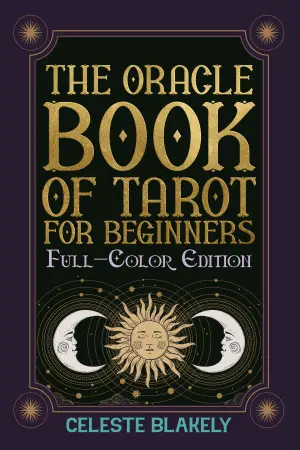Book Review: More than a Glitch: Confronting Race, Gender, and Ability by Dr. Ruha Benjamin
When I first picked up More than a Glitch, I was eager to explore how Dr. Ruha Benjamin would build on her previous work in Artificial Unintelligence. Having engaged critically with her earlier arguments, I was curious about the evolution of her perspectives on technology and its societal implications. Spoiler alert: this book is a meaningful and nuanced response to the critiques that I, and others, posed, making it a vital read for anyone interested in understanding the intersection of race, gender, and technology.
Dr. Benjamin dives deep into the labyrinthine world of technology and its embedding in our social structures. The book’s powerful central theme is how systemic biases manifest through computational practices, often leading to real-world harm. Benjamin adeptly reframes the conversation around "bugs" in technology, advocating for the term "glitch" instead, which evokes a sense of individual anomaly rather than systemic failure. This nuance—though subtle—feels revolutionary, as it emphasizes the broader cultural issues at play, reinforcing that these aren’t mere accidents but reflections of societal biases.
One aspect of her writing that particularly struck me was the intermingling of personal anecdotes with academic rigor. She often grounds her theoretical discussions in her lived experiences as an intersectional Black woman, which lends authenticity and emotional weight to her arguments. I found myself reflecting on her words, such as her assertion that "technochauvinism" is not merely a mindset but a dangerous lens through which many view societal solutions. Her critique is not merely a retread of familiar arguments about technology; rather, it transcends to showcase the intricate ways in which race, gender, and ability intertwine with our digital landscape.
The pacing of the narrative keeps readers engaged without feeling overwhelmed by jargon, a common pitfall in critical tech literature. Benjamin strikes a beautiful balance between making profound insights accessible while retaining intellectual depth—an achievement all too rare in discussions surrounding AI and its societal implications. I particularly appreciated her inclusion of existing literature that informed her work, acknowledging the ongoing conversation rather than positioning herself as the sole authority. This humility resonated with me as much as her critiques did.
While the book does revisit some well-trodden territory in discussions of AI and injustice, it introduces a lens that feels fresh and intrinsically necessary. The emotional resonance of Benjamin’s language underscores her key thesis: technology itself isn’t inherently harmful, but our application and interpretation of it can be painfully exclusionary. I couldn’t help but think of how these insights could serve undergraduates, providing them with an invaluable framework for understanding the complexities of technology in our social fabric.
In conclusion, More than a Glitch is more than just a book about technology; it is an essential discussion on intersectionality, making a compelling case for why diverse voices are crucial in tech narratives. I would recommend this book not only to students and scholars but to anyone who wants to peel back the layers of our computational age and engage in meaningful dialogue about how we can foster a more equitable world. Dr. Benjamin’s work shows us that by confronting these "glitches," we can better understand and ultimately reshape the narrative of technology in society. Reading it has not only informed my perspective but also deepened my appreciation for the voices that so often go unheard in these discussions.
Discover more about More than a Glitch: Confronting Race, Gender, and Abili… on GoodReads >>






